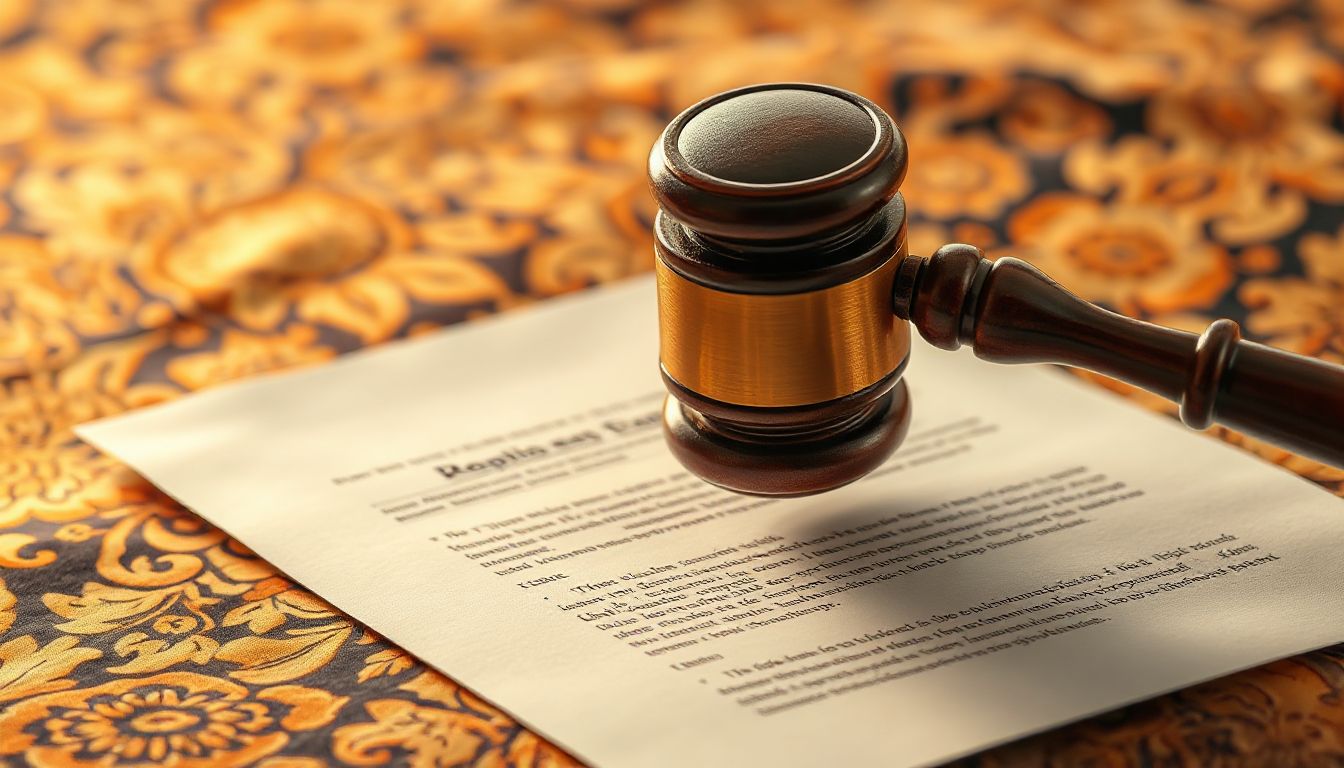5 Essential Steps for Legalizing Documents in Malaysia
Step 1: Identify the Required Legalization Pathway
Knowing the right path for your document is the first step. Different documents need different ways to be legalized. This depends on what the document is for and where it will be used. Getting this part right early saves a lot of time and trouble.
What is Document Legalization?
Document legalization means making a document official for use in a foreign country. It shows the document is real and authentic. There are a few ways to do this. You might hear terms like attestation, apostille, or consular legalization. Attestation often involves local Malaysian authorities. An apostille is a special certificate for certain countries. Consular legalization is when a foreign embassy approves your document.
Determining the Destination Country’s Requirements
You must know what the receiving country expects. Their embassy or consulate in Malaysia holds the key. They will tell you if your document needs an apostille or consular legalization. This depends on whether the country is part of the Hague Apostille Convention. Common papers needing this step include birth certificates, marriage licenses, and school records. Business papers like commercial invoices also often need it.
Actionable Tip: Always check with the foreign embassy or consulate in Malaysia. You can also contact the Malaysian embassy in the destination country. Do this before you start the process. Their rules can change.
Step 2: Obtain Original or Certified True Copy (CTC)
Your legalization journey starts with the right document. You will usually need the original paper or a certified true copy (CTC). This ensures the document is valid from the start.
Sourcing Original Documents
For vital records, go to the source. Get birth or marriage certificates from the National Registration Department. For academic transcripts, ask your university or college directly. Always get official copies. These are needed for the next steps.
Getting Certified True Copies (CTC)
Sometimes, you cannot give up your original document. That is when a certified true copy helps. A Notary Public or Commissioner for Oaths can make a CTC. Some relevant government departments can also do this. They will check your original and stamp a copy as a true likeness. This copy then acts like the original for legalization.
Actionable Tip: Keep your original documents safe always. Make several certified true copies if you plan to use them for different things.
Step 3: Certification by Relevant Malaysian Authorities
Before any document can go abroad, Malaysian authorities must first stamp it. This step validates your document for international use. It confirms its authenticity within Malaysia.
Ministry of Foreign Affairs (MOFA/Wisma Putra) Attestation
The Ministry of Foreign Affairs (MOFA), or Wisma Putra, is key here. They attest Malaysian public documents. This means MOFA confirms the signatures and seals on your document are real. Many types of documents go through MOFA. This includes personal documents and certain commercial papers. You will need specific forms and other documents for this step.
Other Government Departments (if applicable)
Sometimes, other ministries get involved first. For example, academic documents might need a stamp from the Ministry of Education. Medical records might go to the Ministry of Health. This happens before MOFA sees them. It’s like a chain of approvals. Each ministry confirms its own type of document.
Actionable Tip: Visit MOFA’s official website. You can also call them directly. This helps you get the latest requirements. You’ll also know which types of documents they handle.
Step 4: Apostille or Consular Legalization
This is the big step. It is where your Malaysian document gets global recognition. This step makes your paper valid for use outside Malaysia.
The Apostille Convention (Hague Convention)
An Apostille is a simpler way to legalize documents. It is for countries that are part of the Hague Apostille Convention. If your destination country is a member, you get an Apostille. This is usually issued by MOFA in Malaysia. It means no further legalization is needed by that foreign country’s embassy. It speeds things up a lot.
Consular Legalization (Non-Hague Countries)
Some countries are not part of the Hague Convention. For these, you need consular legalization. This involves more steps. First, MOFA attests your document. Then, the embassy or consulate of your destination country in Malaysia approves it. Imagine a Malaysian company sending goods to a non-Hague country. Their commercial invoice needs a MOFA stamp. After that, the destination country’s embassy in Kuala Lumpur will attest it too.
Actionable Tip: If your target country is an Apostille signatory, choose that path. It is usually much faster and easier.
Step 5: Embassy/Consulate Legalization (If Required)
For countries not in the Hague Convention, this is the final hurdle. The embassy or consulate of the destination country gives the last official stamp. This makes your document fully valid for their home country.
The Role of Foreign Embassies/Consulates
Foreign embassies and consulates play a big role. They check that documents from other countries are valid for their nation. Be aware that rules can differ a lot from one embassy to another. Each one has its own specific needs.
Process and Documentation
You will need certain forms and pay fees. Processing times can vary widely. Your document must already have MOFA attestation before it reaches the embassy. You can submit it yourself. Or, you might use a legalization service to help. They know the ins and outs.
Expert Quote/Reference
“Many people overlook the different rules each embassy has. It is key to check their websites or call them directly for correct steps and fees,” states a leading legalization expert. This advice ensures you get it right.
Actionable Tip: Expect higher fees and longer waits at this stage. This is especially true for countries with fewer diplomatic ties.
Conclusion
Legalizing documents in Malaysia does not have to be hard. Start by figuring out the right path for your document. Then, get your original or certified true copies. Next, get Malaysian authorities to certify them. After that, secure an Apostille or go through consular legalization. Finally, if needed, get the foreign embassy’s approval. Each step brings you closer to your goal.
This process needs careful attention to detail. But following these steps makes sure your documents are legal abroad. Start early to avoid stress. Always check official sources for the most current information.
Affordable Legalization Services, Apostille Services India, Attestation Process Explained, Birth Certificate Apostille, Commercial Document Attestation, Degree Attestation for UAE, Document Attestation Services, Educational Certificate Attestation, Embassy Attestation Experts, Fast Attestation Services, How to Apostille Documents, HRD & MEA Attestation, Kuwait Attestation Services, Legalization Tips for Expats, Marriage Certificate Attestation, MOFA Attestation UAE, Oman Embassy Attestation, Online Attestation Process, Qatar embassy attestation, Same-Day MOFA Attestation, Saudi Arabia Document Legalization, Step-by-Step Attestation Guide, Trusted Attestation Company, UAE Certificate Attestation, Visa Document Requirements


